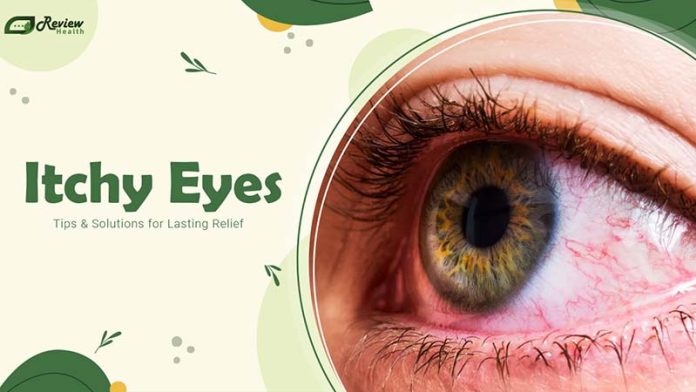If you’re frustrated with itchy eyes that never seem to clear up, you’re not alone. Rubbing your eyes may offer a moment’s relief, but it’s hardly a solution. Fortunately, Review Health is dedicated to helping you address this nagging issue. Here on our blog, you’ll find everything from the causes of your discomfort to effective home remedies. Explore expert insights and practical advice designed to soothe and prevent itchy eyes once and for all. Let’s get started and find the relief you need.
Overview of Itchy Eyes
Itchy eyes are a common discomfort characterized by feeling irritated or scratchy, often with symptoms like redness, watery eyes, swelling, and a burning or gritty sensation. Several things can cause itchy eyes, such as allergies, wearing contact lenses, exposure to irritants like smoke or dust, dryness, and infections.
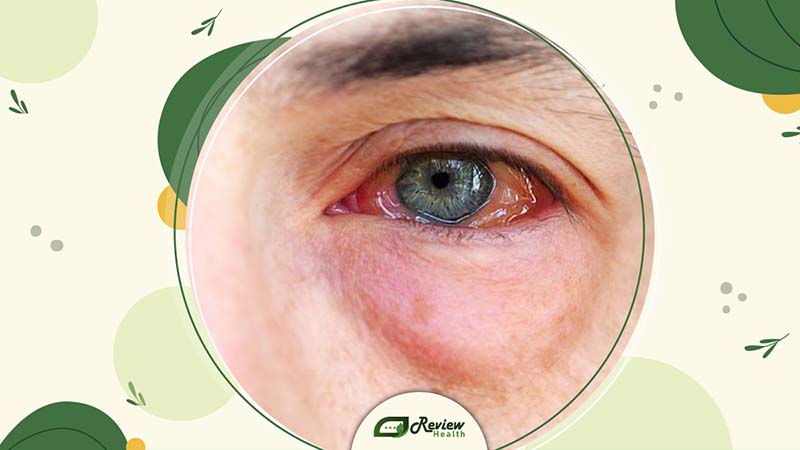
What Causes Itchy Eyes?
Allergies are the primary culprit behind itchy eyes. Your eyes may react to various substances in the air, whether outdoors, indoors, or in workplaces. These allergens include:
- Outdoor substances: Pollen from trees, grasses, weeds, and shrubs
- Indoor substances: Dust mites, fungus, mold, and pet dander
- Man-made substances: Tobacco smoke, perfume, chemicals, and exhaust fumes
Infection, such as pinkeye or conjunctivitis, is another common cause. This inflammation of the inner lining of the eye can result in redness, swelling, and sticky eyelids, often caused by bacteria but occasionally by viruses.
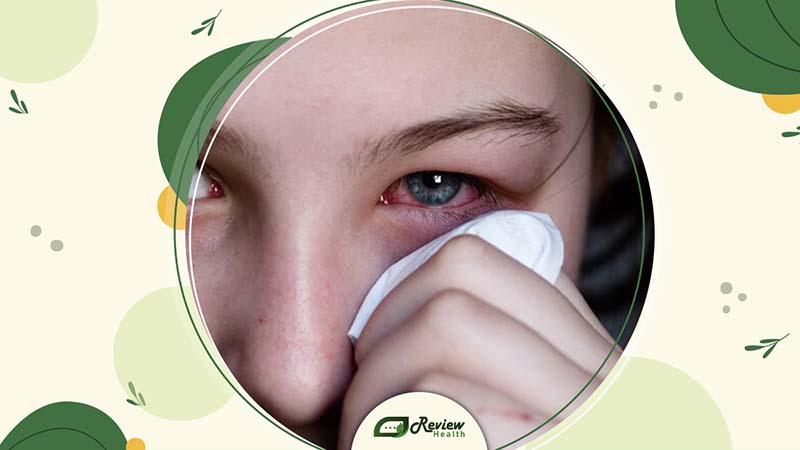
Blepharitis, inflammation of the eyelids due to clogged oil glands, can lead to redness and irritation. Though not contagious, it can worsen with allergies or skin conditions like acne or dermatitis.
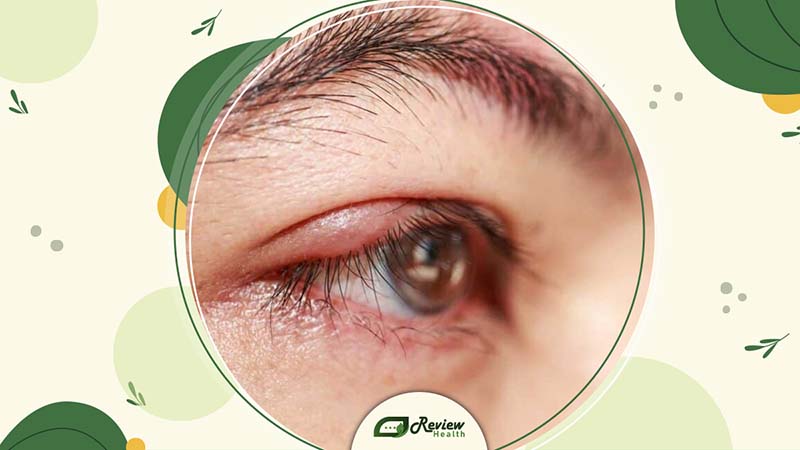
Dry eye occurs when there’s an imbalance in the components of tears, leading to irritation.
Foreign substances like grit or sand trapped under the eyelid can also cause discomfort. If suspected infection persists despite antibiotic eyedrops, it may indicate a foreign object in the eye.
Contact lenses sometimes irritate the eyes, especially if they don’t fit properly or trap debris or germs, potentially leading to infection. Regular cleaning and replacing lenses are crucial for preventing this.
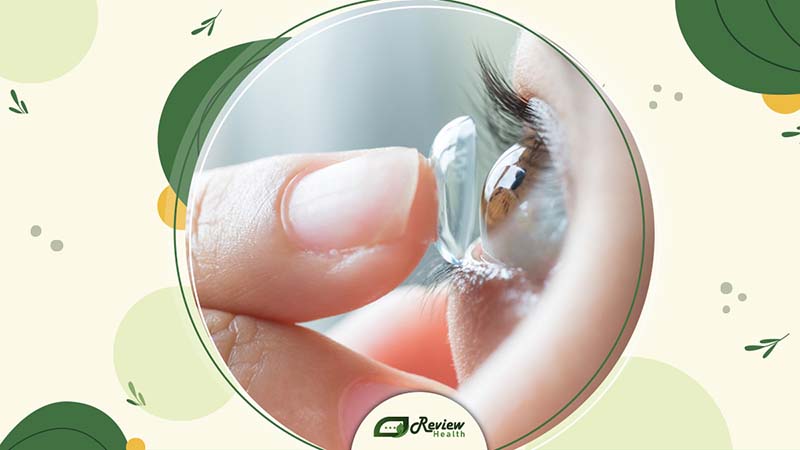
Corneal ulcers, or keratitis, can develop due to dry eyes, injury, or infection of the eyes, causing sores on the cornea and leading to eye irritation, pus, and crusting.
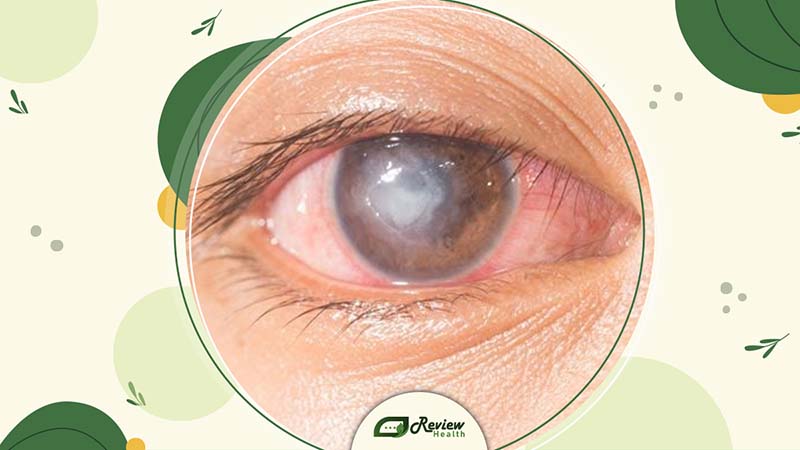
Related articles
- How Long Does Eye Strain Last? Causes of Eye Strain
- Blurry Vision: 9 Common Causes Revealed and How to Protect Your Eyesight!
- Can Stress Cause Eye Problems? Here’s What You Need to Know & How to Protect Your Vision
Common Symptoms of Itchy Eyes?
The hallmark symptom of itchy eyes is, unsurprisingly, the itching sensation itself. However, there are often accompanying signs, such as:
- Redness and watering of the eyes
- Clear, mucus-like discharge
- Swelling of the eyes and eyelids
- A burning sensation
- Sensation of having a foreign object in one or both eyes
Symptoms may intensify during the day and subside at night while sleeping, as the eyes remain closed and at rest. However, the discomfort might become more noticeable at night when trying to sleep due to fewer distractions from the itching sensation.
Itchy Eyes Treatment
For mild itching, a clean, cool washcloth can provide temporary relief. Additionally, using a clean, warm washcloth to soften and gently wipe away any discharge or debris can be helpful. Remember to wash your hands afterward to prevent the spread of infection, if present.
This simple approach may suffice for mild cases, as some infections, like certain types of pinkeye, often clear up without medication. If allergies are the cause, try to avoid triggers and consider taking allergy medication such as pills or eyedrops.
For more severe itching, treatment options may include:
- Saline solution to flush out grit or dirt from the eye
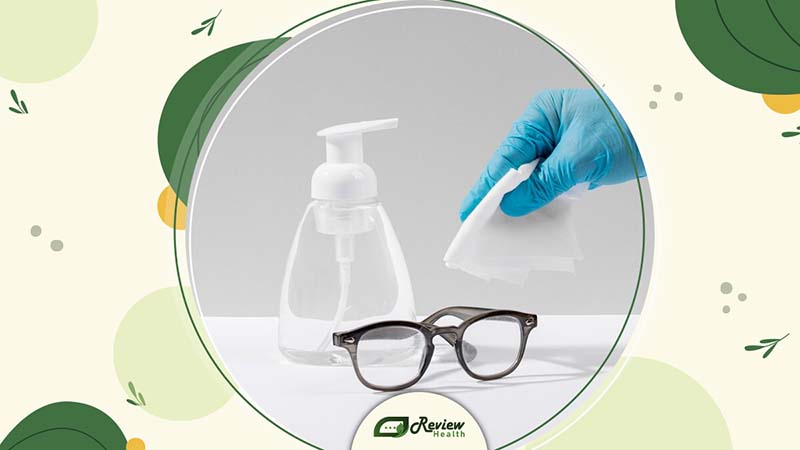
- Antibiotic drops to combat bacterial infections
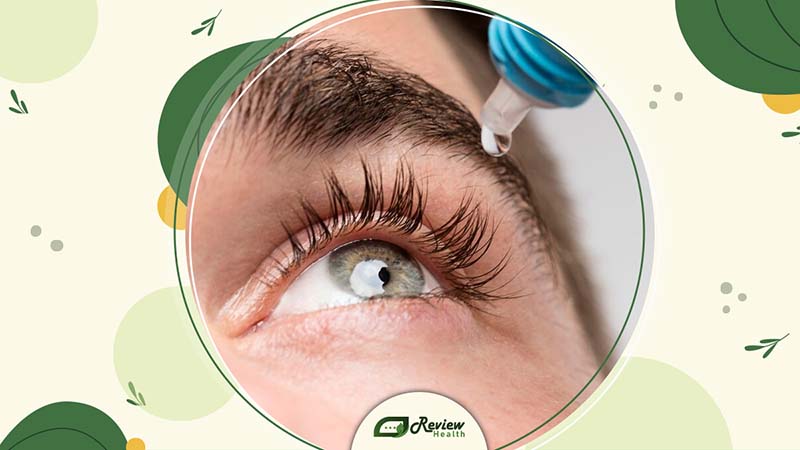
- Steroid drops to reduce inflammation
- Surgery to remove foreign objects or repair injuries
Always consult with a healthcare professional for proper diagnosis and treatment, especially if symptoms persist or worsen.
How to Stop Itchy Eyes at Home Safely and Effectively?
Here are two reliable home remedies for treating itchy eyes:
- Eye Drops: Over-the-counter eye drops designed for itch relief can be very helpful. Some are formulated specifically for allergies and redness, while others function as artificial tears for dryness. Opt for preservative-free eye drops for the best results, as they are gentler on the eyes. Look for products that target multiple conditions, including itching.
- Cold Compress: Another effective home remedy is a cold compress. Simply soak a clean cloth in cold water and apply it to close itchy eyes. The cold temperature can help relieve itching and provide a soothing sensation. Repeat this process as often as needed for relief.
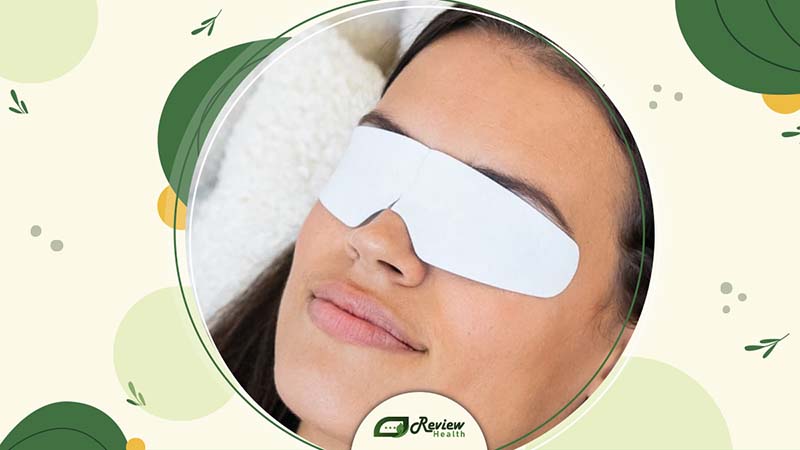
Remember, if your symptoms become severe and start affecting your daily life, it’s essential to seek medical advice from a doctor.
How to Effectively Prevent Itchy Eyes?
To prevent itchy eyes, consider these effective strategies:
Avoid Irritants: Steer clear of factors that can irritate your eyes, such as dry air, wind, and pollen. Chemicals like cigarette smoke, dust, cleaners, and strong odors can also trigger eye irritation.
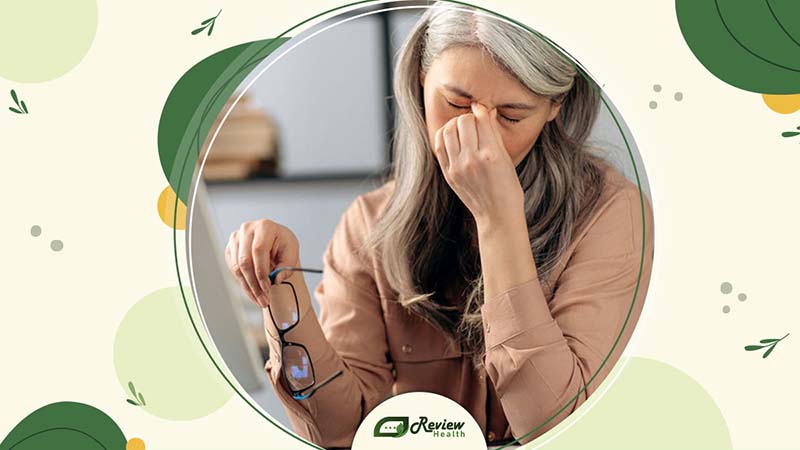
Reduce Screen Time: Prolonged screen use can strain your eyes and contribute to discomfort. Remember to blink frequently to keep your eyes moist and alleviate dryness.
Identify Allergens: If you know what triggers your allergies, take steps to minimize exposure. For instance, if makeup is the culprit, consider discontinuing its use or opt for hypoallergenic products near your eyes.

Use Eye Protection: Wear eye protection, such as goggles or glasses, to shield your eyes from allergens, pollen, sand, and dust.
Maintain a Balanced Diet: Incorporate foods rich in vitamin A and omega-3 fatty acids into your diet. These nutrients support eye health and may help prevent itching and irritation.
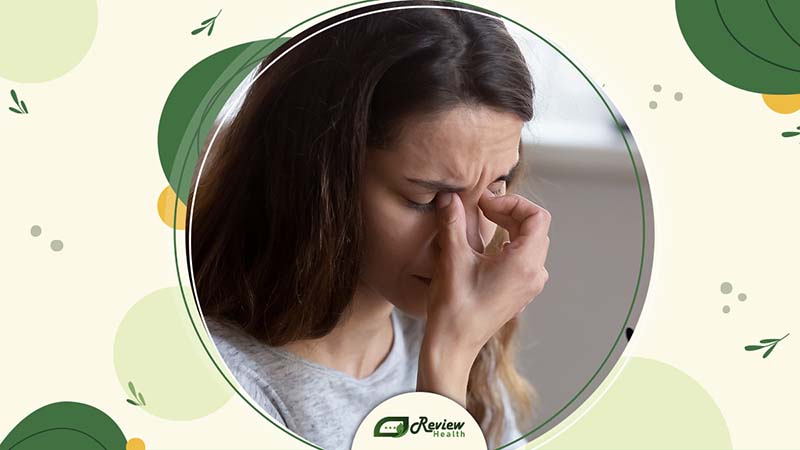
Itchy Corners of Eyes
It’s not uncommon to experience itchiness in the inner corners of the eyes near the tear ducts or in the outer corners, away from the puncta.
In most cases, the itchiness in the corners of your eyes isn’t severe enough to impact your vision or long-term eye health. However, certain conditions, like blepharitis, an inflammation of the eyelids, can be troublesome as flare-ups may occur frequently.
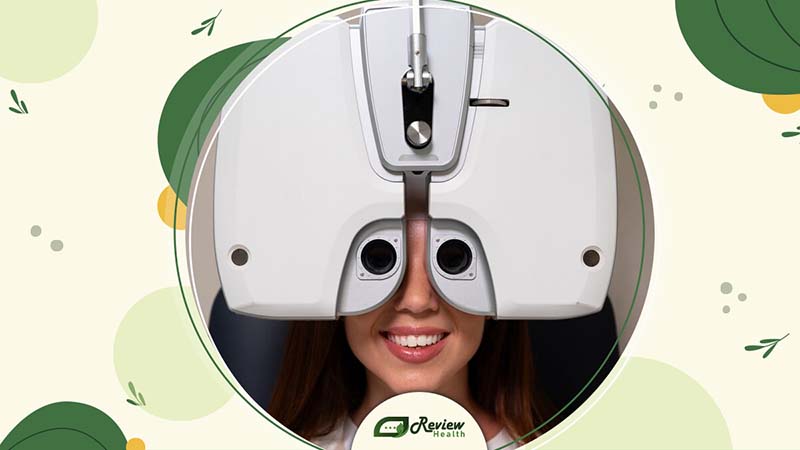
When Should I See a Doctor?
While many cases of itchy eyes resolve on their own, it’s important to seek medical attention if:
- You feel there is something stuck in your eye.
- An eye infection develops.
- Your vision deteriorates.
- Your itchy eyes progress to moderate to severe eye pain.
If you experience any of these symptoms, stop home treatments and schedule an appointment with your doctor promptly for proper evaluation and treatment.
Frequently Asked Questions?
Why are my eyes itchy?
Eye allergies, triggered by pollen, pet dander, dust, smoke, or certain products like lotions and makeup, are often the cause of persistent eye itchiness.
Is it okay to rub our eyes frequently?
Frequent eye rubbing, especially when they’re itchy, can worsen the itchiness, lead to infections, or scratch the cornea. It’s better to relieve symptoms with eye drops or a cold compress.
What is causing my eye allergies?
Eye allergies stem from allergens such as dust, pollen, and pet dander. On the other hand, eye infections are typically caused by bacteria, viruses, parasites, or fungi. Symptoms of an eye infection are usually more severe and may include pain, sensitivity to light, and thick, mucus-like discharge.
Conclusion
In summary, itchy eyes can be quite a bother, but with the right knowledge and treatments, you can significantly reduce the discomfort. Understanding the causes and applying effective remedies, whether at home or with professional help, can make a big difference. Remember to practice good hygiene, avoid irritants, and consult a doctor when necessary to keep your eyes healthy and comfortable. For more information and tips on eye health, visit us at Review Health.
Source: Home Treatments for Itchy Eyes

